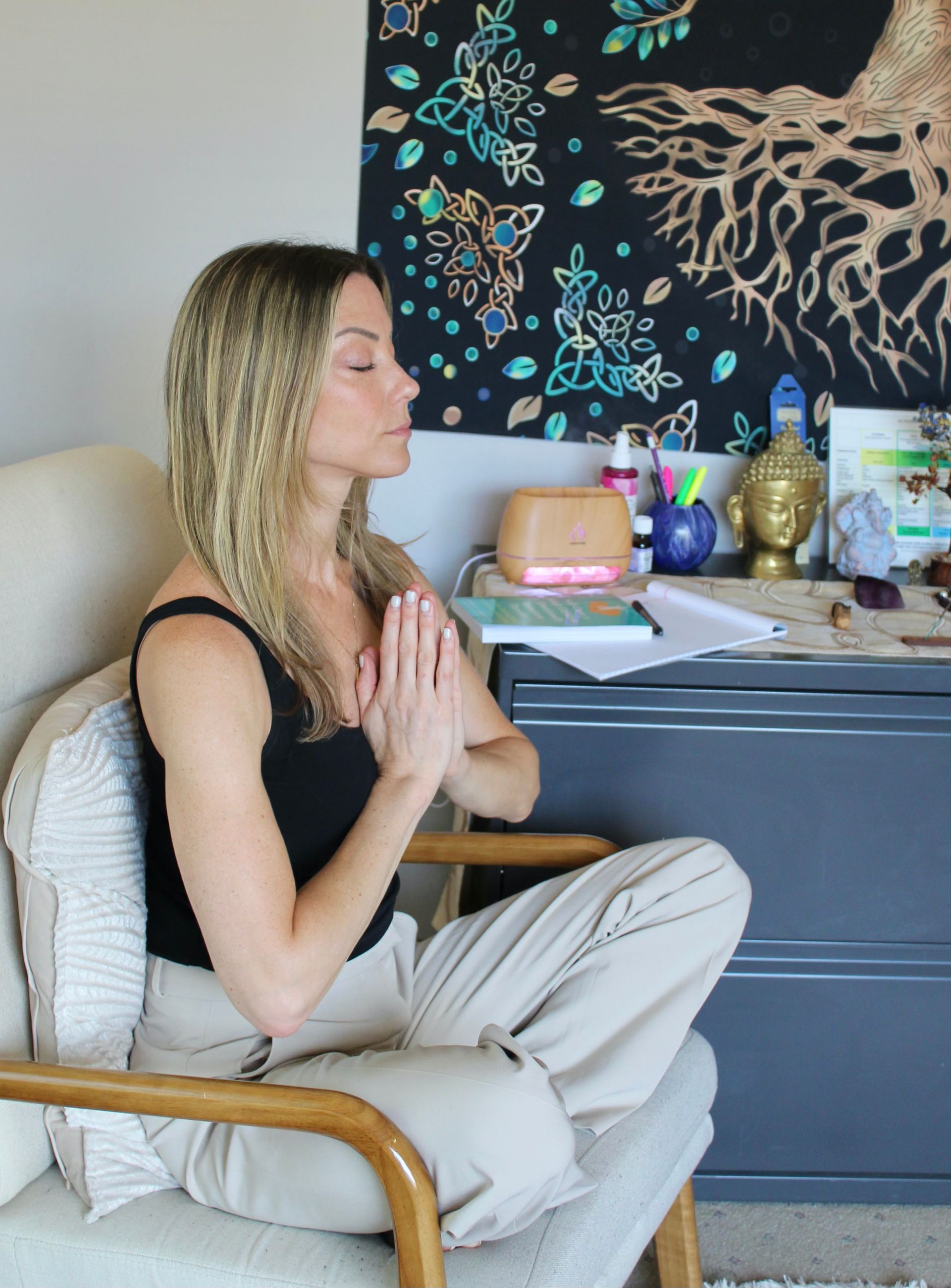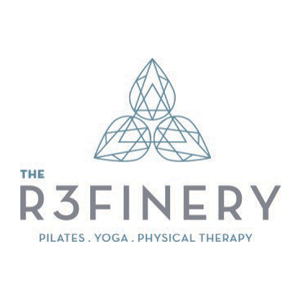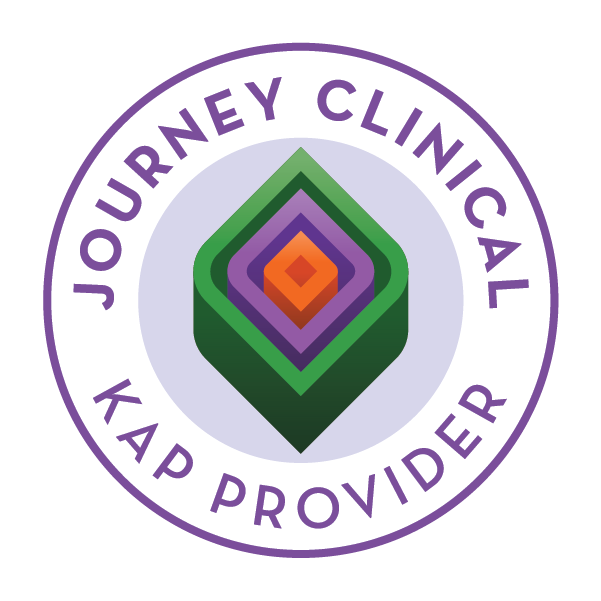Beyond Traditional Therapy: A Deep Dive into Ketamine Assisted Psychotherapy (KAP)
September 9, 2025
What is Ketamine Assisted Psychotherapy? Ketamine Assisted Psychotherapy is an innovative approach to treating mental illness. While it is still considered an experimental treatment, research suggests that ketamine may help grow new neural connections once diminished by chronic stress. The literature indicates a 70% response rate to ketamine of patients with treatment resistant depression with more and more research publishing daily. Ketamine is thought to be especially helpful with treatment-resistant mental and emotional conditions and is often used after other treatment approaches have been unsuccessful.
Ketamine Alone vs. Ketamine with Therapy
Ketamine for depression has become popularized through medical infusion clinics, where a patient is administered ketamine through intravenous (IV), intramuscular (IM), or intra-nasal routes, typically without psychotherapy during the dosing experience. Symptoms can be relieved through this process alone, but the underlying issues that caused the symptoms may persist. Ketamine treatment is generally considered inappropriate for those with a history of psychosis, mania or schizophrenia, or who are currently taking benzodiazepines, stimulants, or MAOI's.
The Power of Combining Ketamine and Therapy
Psychotherapists have begun integrating ketamine into their psychotherapeutic practices as an effective adjunctive path for healing, with the benefits of ketamine enhanced by a personalized approach and the support of a trusted therapist. While ketamine administered without psychotherapeutic assistance has helped with symptoms of mental and emotional problems, it is widely understood that KAP with a skilled and experienced therapist can enhance the benefits of ketamine so that healing occurs at a deeper and more sustainable level.
The use of ketamine within a strong therapeutic relationship can help the patient better identify and work through difficult experiences and behavior patterns, providing new insights and healing that might not have been accessible otherwise. Ketamine assisted psychotherapy may allow a person to gain access to subconscious material, break out of old schemas, or experience their emotions in a new way.

How to Access KAP: The Process
Psychotherapists typically partner with licensed prescribers to conduct a psychological evaluation and screening for the treatment. The authorized medical provider and your KAP therapist will consult about how KAP might best work for you in terms of course of preparation, dosing and integration sessions.
What to Expect: Preparation, Dosing, and Integration
Prior to dosing you and your team will thoroughly prepare for the sessions. Dosing sessions are typically facilitated by your therapist and last about 3 hours. Your KAP therapist will support and guide you as you encounter and explore emotional issues that arise during the KAP session. Ketamine is formally classified as a "dissociative" anesthetic, dissociation meaning a sense of disconnection from one's ordinary experience of reality and self. At the dosage typically self-administered during KAP, most people experience mild anesthetic, anxiolytic (anxiety reducing), antidepressant and, potentially, psychedelic effects. Visual, tactile and auditory processing may be altered. A mingling of the senses and emotions may occur. Your ordinary sense of time may become dilated, meaning your perception of the passage of time may be different than the actual passage of time. During dosing, things like somatic movement, the use of scent, and the use of therapeutic or safety touch can be helpful and even necessary to ensure a safe experience.
Following dosing, you will work with your therapist to make sense of the experience, derive meaning, and track symptoms over time. Together you will continue to work towards treatment goals as you move through the dosing series. The antidepressant effect tends to be cumulative and is more sustained with repeated use. This may also include a positive change in outlook and character that some describe as profound and transformative. Spirituality, symbolism and music are often key elements of a KAP experience.
Setting Realistic Expectations: What KAP Is Not
KAP is not a magical bullet cure-all that will alleviate your symptoms. A short-cut or therapy hack that will completely change your life overnight. While KAP, like many other substances, can become habit forming, this modality is generally considered safe. KAP is an innovative and useful tool that can facilitate deeper work, access to subconscious or otherwise intolerable content, and a vehicle to connect you to your own internal healing intelligence.
Presence of Mind Therapy Blog

What actually happens in therapy? This post breaks down the core elements of the therapeutic process, from the importance of the client-therapist relationship to informed consent, neutrality, and what therapy is (and isn’t) meant to provide. A grounded, compassionate introduction for anyone considering therapy.





















Share On: